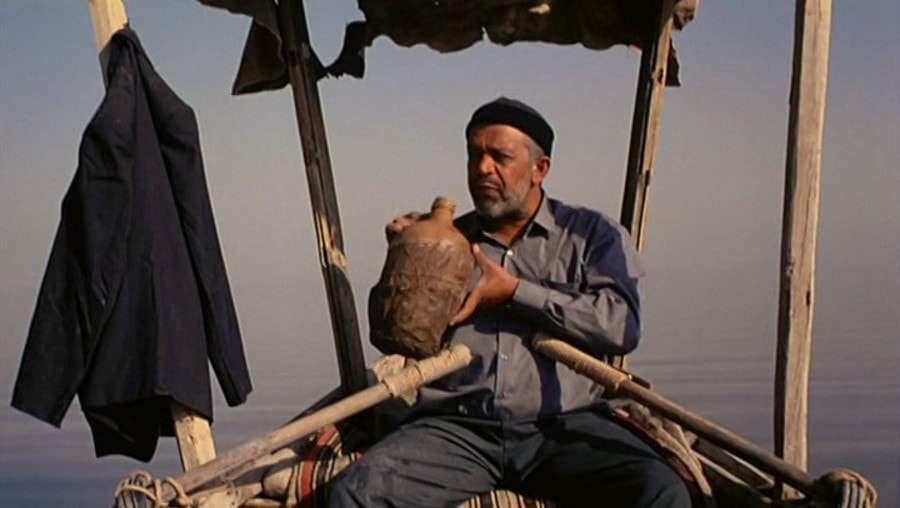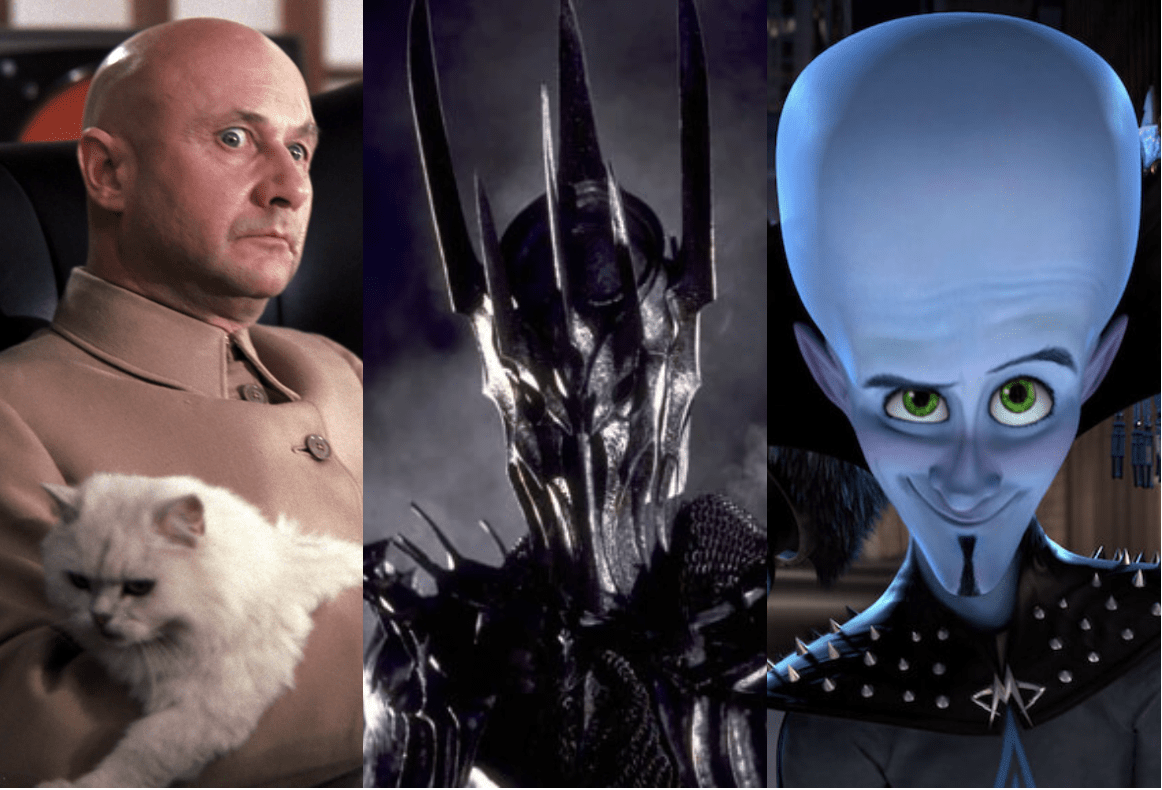
Kaneto Shindo released The Naked Island in 1960. A half century later later Bela Tarr released The Turin Horse. Both films have minimal dialogue. Both feature two people struggling with nature to stay alive. Both films deal with existentialism through repetition ie. Sisyphus. However there are some fundamental differences in where these two films take their premises.
Essentially The Naked Island provides some amount of transcendence and hope that even in the face of a hard, even miserable life there can be dignity. 52 years later the premise is replayed by Tarr but no such hope or transcendence is available. We are dragged under without reprieve, dignity or even insight.
The first half of both films are profoundly material. The abstraction of language is set aside and we are given nothing but concrete images of earth, air, water, rocks and work. This is the realm of Sisyphus. These people are bound to their tasks and must perform them 1000’s of times over but unlike Sisyphus the protagonists of the two films have tasks with a purpose. They labor to survive. They reap the rewards, however meager, of their efforts. However in a larger sense surviving can be seen as no more meaningful than getting the rock to the top of the hill. Why survive? What is the point?
Shindo does not go as far as to ask this question. For Shindo’s character surviving with dignity is success. Shindo’s couple deal with hardship and tragedy but find purpose in dedication to their work. This ties in well with Zen philosophy. Any task no matter how small is an opportunity for enlightenment. It is through keeping our minds tied to the task at hand that we learn to live in the present. We learn that there is no larger meaning to life than the full appreciation of the current moment whether it be washing the dishes or straightening a pillow.
This also ties in well with the politics of post-war Japan. The film censorship board, largely run by American guidelines, was looking for life affirming films with a message of hope. The Naked Island is actually pretty grueling, and the life of its characters is harsh, but again there is the opportunity to transcend the menial and emerge triumphant.
Tarr will have none of this. There is no transcendence and no redemption to be had only the end of our existence. Both Zen and existentialism deny any deeper meaning to life, but Zen provides a path to happiness. Tarr hastens the end of the world in order to drive home that it will all come to nothing. The water will stop flowing, the lights will go out and that will be that.
Tarr not only comes from a different country with its own social and political heritage, he comes from another time. A time when the faith and optimism that was once afforded governments and authorities has been greatly compromised. Existentialism predates both films, but the existential anxiety of an industrialized rat race is something that has grown with time. Hungary has seen the rise and fall of many regimes, many ideologies. Now in 2012 there is a space for something that supports no regime, no solution, something profoundly dark and hopeless like The Turin Horse.
To call a film or idea nihilist is seen as pejorative. It is hard to fend off this label when it comes The Turin Horse. Perhaps the only saving grace is that the pointless struggle for survival is at least worth depicting and witnessing. There is no lesson to learn, no moral to be gleaned, but there is the richness of recognizing a resonant depiction of the human condition.
Watching the father eat his potato without any sign of pleasure or satisfaction is painful. He burns his fingers, he smashes his one working fist clumsily, angrily down on the potato to break it into pieces. He burns his lips and tongue, he winces and chews and sucks air to cool his mouth, but he is sustained. He will live another day. He will live long enough so he can chew his way through another miserable potato the next day. We witness this empty, pointless survival and through our witnessing give it significance. Not true significance but a kind of recognition that the struggle is worth watching.

If you enjoyed this article click here for more
www.filmofileshideout.com/archives/a-far-too-brief-essay-about-satantango




[…] If you enjoyed this article click here for morewww.filmofileshideout.com/archives/a-comparison-of-the-turin-horse-and-the-naked-island […]